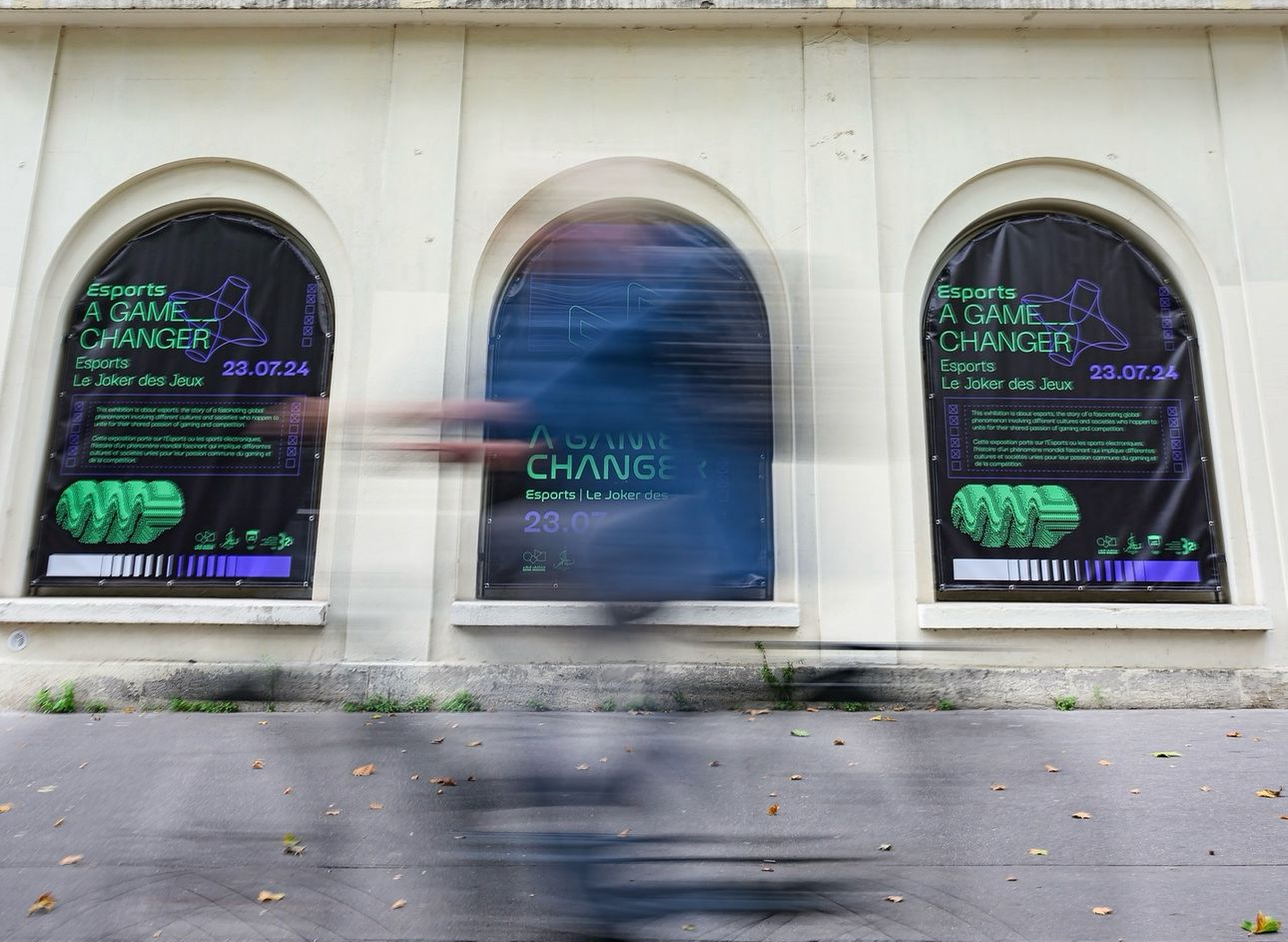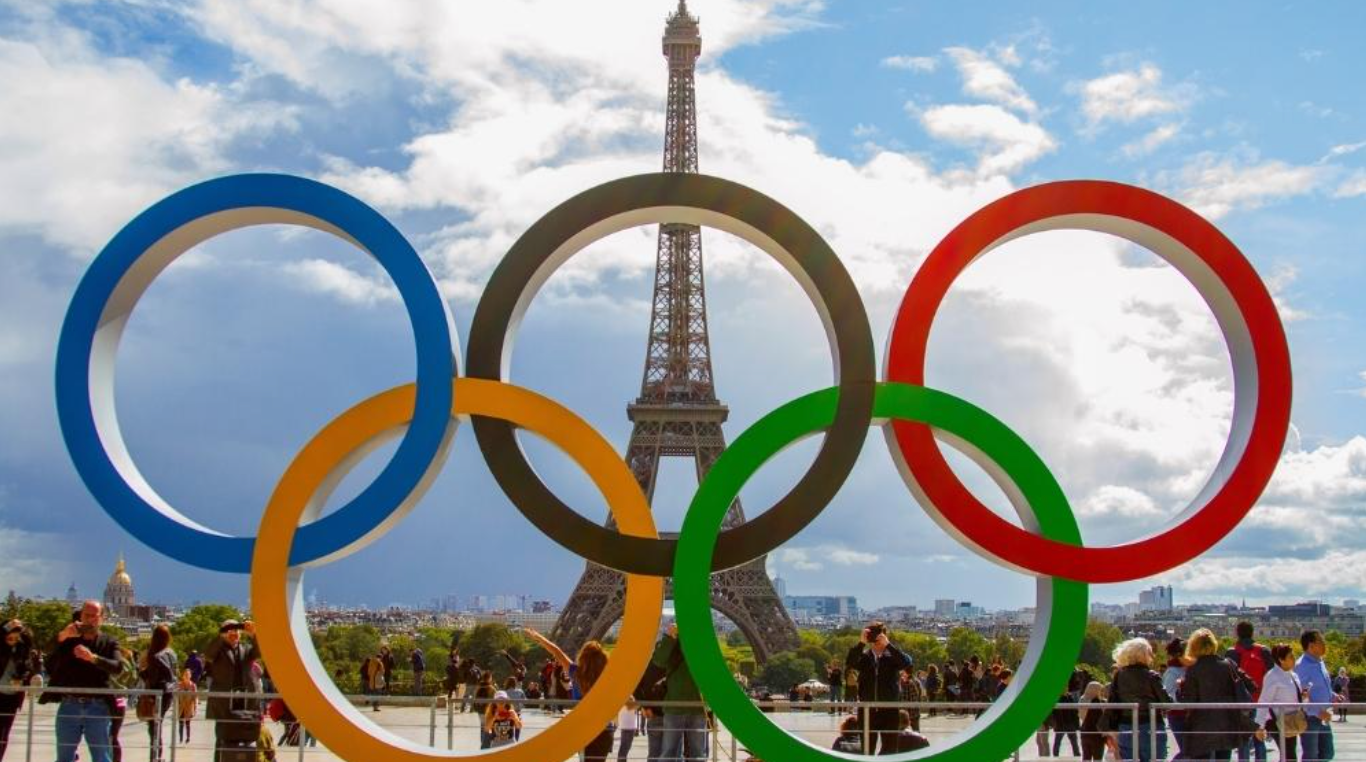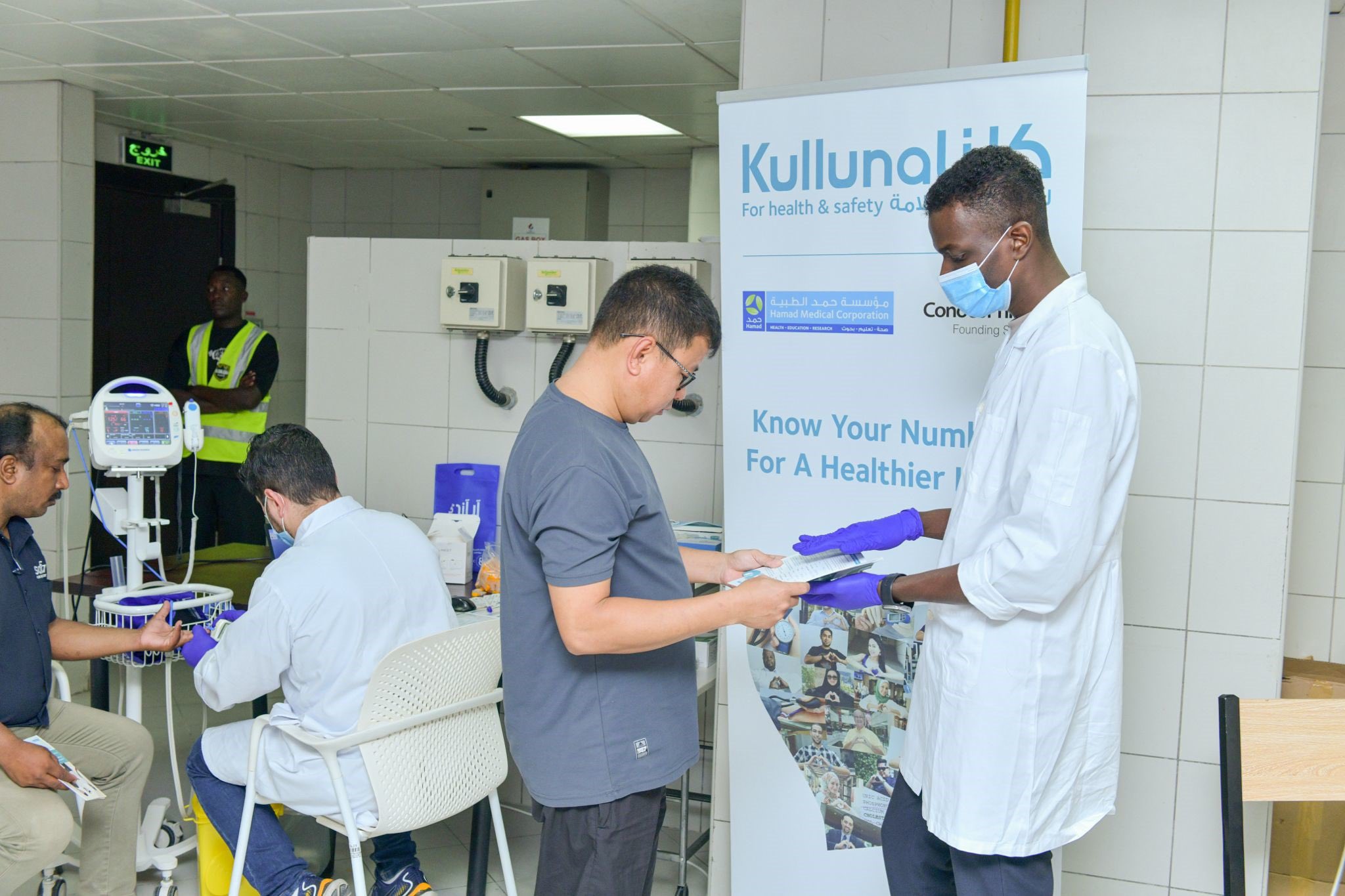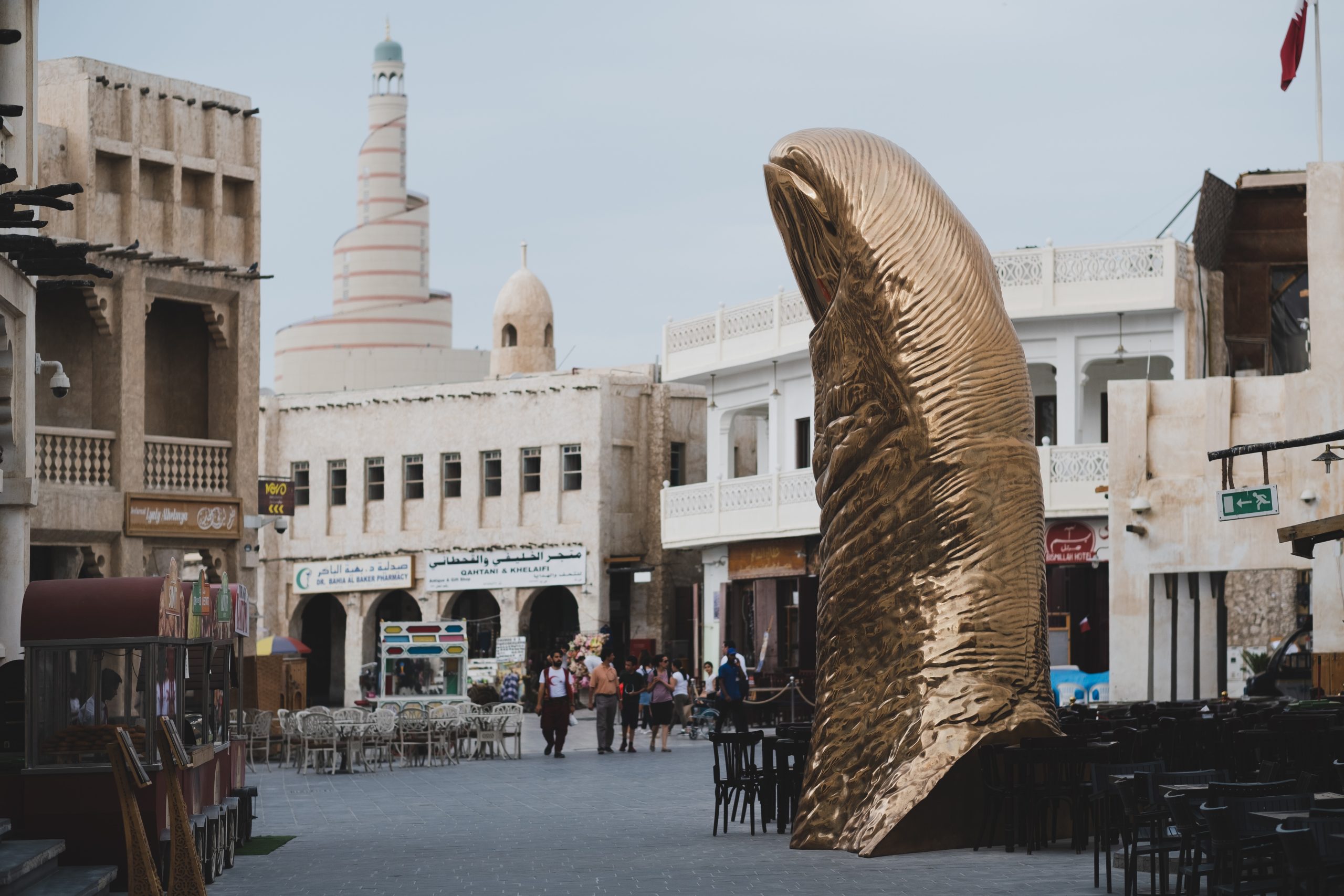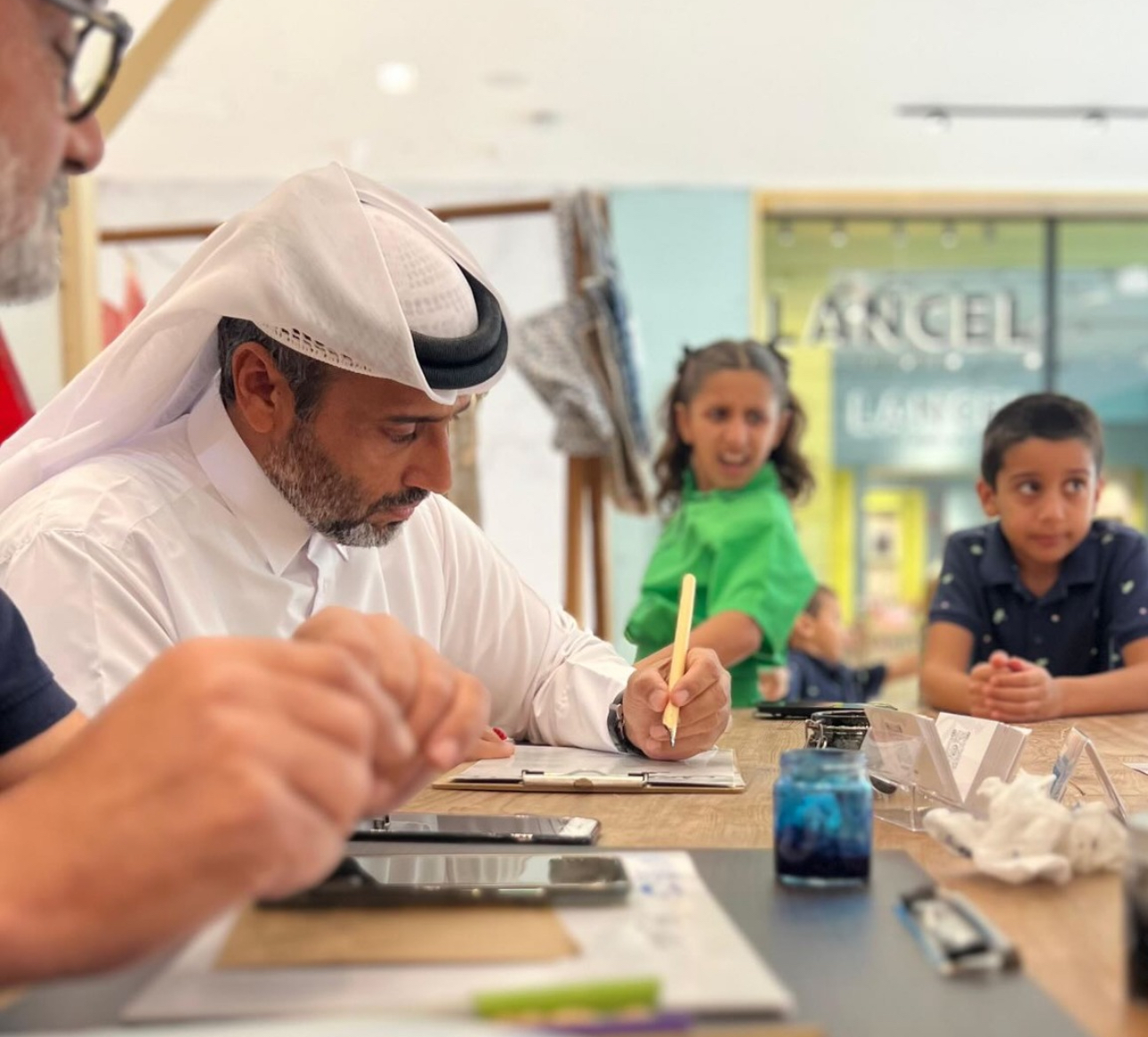
In time for Ramadan, Hamad Medical Corp. has launched a 40-day campaign to double the number of registered organ donors in the country to around 40,000 people.
Since Qatar’s Organ Donor Registry was created in 2012, at least 20,000 people have committed to donating their organs in the event of their death, including Sheikha Moza bint Nasser, wife of the former emir and mother of the current emir.
The Qatar Center for Organ Donation and Transplantation (Hiba) said it aims to increase this number by a further 20,000 during this year.
The annual donation campaign, which this year is a collaboration between Hiba and Qatar Charity, involves a public awareness program to help people understand more about how they can pledge to donate their own organs, and the process of organ donation and transplantation in Qatar.
It also aims to dispel some misconceptions about organ donation, including beliefs held by some that it is against Islamic principles.
Demand
In a statement, Dr. Yousuf al-Maslamani, head of the Organ Transplant Committee at HMC, said:
“We need more donors to register in Qatar so that nobody has to face losing a loved one while they are waiting for an organ.”
In an online leaflet published by SCH, Al Maslamani said that the transplant team in Qatar has recently struggled to keep up with the demand for organs.
Based on international figures, for a population of 2 million, he estimated that some 150 patients would be added to the renal failure list for new organs each year. He added:
“We need to do 25-30 transplants a year to achieve self-sufficiency. Currently we transplant less than one per month, so we need to double this number.”
Donor profiles
A total of 16,606 new registrants were added to the organ donor registry in Qatar last year, a significant increase from the 2,500 people who signed up in 2012, according to Hiba Director Dr. Riaydh Fadhil, who was quoted in the Gulf Times.
These donors hail from 88 different nationalities, reflecting Qatar’s multicultural population, according to the Supreme Council of Health (SCH).
The Qatar Center for Organ Transplantation first opened in November 2011, followed by the launch of the Qatar Organ Donation Center, which is managed by the SCH.
Some patients who cannot find a donor in Qatar travel abroad for treatment. However, Al Maslamani said this practice can be dangerous, as patients often are not given medical notes, which makes it more difficult for doctors in Qatar to follow up on any issues.
According to the SCH, around 60 percent of patients who undergo such transplants abroad experience complications after returning to Qatar. Some 10 percent of those patients go back on dialysis, and other 10 percent die.
Transplants in Qatar
Currently, only liver and kidney transplants are performed in Qatar, with the first kidney transplant occurring in 1986.

However, pancreas and intestinal transplants are expected to be introduced in the future, according to literature published by the SCH.
In some cases, particularly for kidney transplants, donations from living patients can be undertaken, especially if they are a relative.
For example, the first kidney transplant on a child in Qatar took place in January 2013, when 10-year-old Ala’a received a healthy kidney from her uncle Badr.
Otherwise, transplants take place from people who have died, and who the receiver of the organ would typically not know.
Public awareness
To raise the number of organ donors in Qatar, and to address some of the social and cultural issues, Qatar has set up the Doha Donation Accord – an internationally renowned framework of polices and standards around organ donation.
This year’s Ramadan organ donation campaign is part of the accord. Over the coming weeks, teams of multicultural health workers will be manning stalls in public places such as malls, mosques, universities and offices, to tell people about the register and encourage them to sign up.

Each new donor needs to have their register signature witnessed and an electronic copy of the form is also made. Even if someone is a donor in their home country, the lists are not shared abroad, so they must register in Qatar to be a donor here.
In the event of death, the donor’s family is always asked permission for a transplant to be conducted.
Throughout this year’s campaign, there will be a booths at malls throughout Qatar, including City Center, Centerpoint Al Saad, Centerpoint Al Wakra, Landmark Mall, Ezdan Mall, Villagio Mall, Safari Mall, Quality Hypermarket, Al Khor Mall and Souq Waqif.
Around 400 trained staff will be on hand every day from 7:30pm to 11:30pm to answer all questions on organ donation.
More information can also be found on HMC’s website here.
Thoughts?


